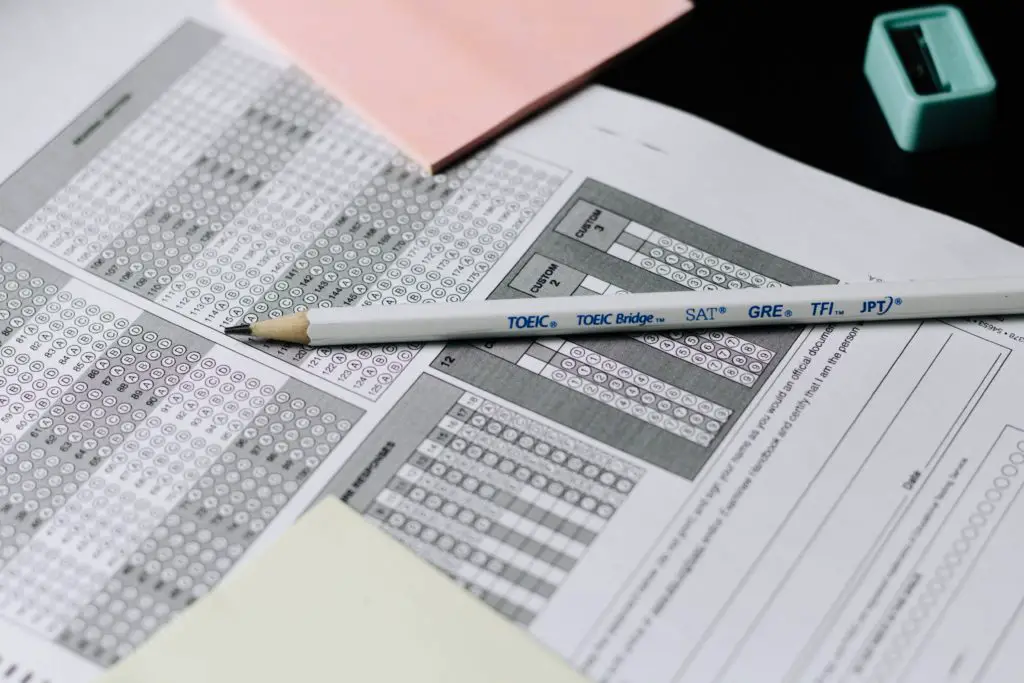It is quite simple and may be found in both high schools and colleges. The maximum GPA you can get is 4.0, which means you got an A in all of your subjects. A 3.0 indicates a B average, a 2.0 indicates a C average, a 1.0 indicates a D, and a 0.0 indicates an F. Here we will see about Is a 2.3 GPA passing?
The national average is 3.0, thus a 2.3 GPA is much lower. Even though it’s redeemable, it’s still considered low. For high schoolers, schools are unlikely to approve your candidacy with a 2.3 GPA. GPA regulations differ from high school to high school and from college to institution, unlike standardized test scores like the SAT/ACT.

Is a 2.3 GPA Good?
Freshman
With a few years, until you enter college, your GPA is still likely to fluctuate slightly. It may be tough at this time to raise your GPA to a point that will enable you to apply to a range of universities. Although a 2.3 GPA is low, it is high enough to guarantee admission to a few less selective universities. Over the next few years, you must work on boosting your grades to expand your options.
Sophomore
Your GPA starts to become less volatile in your sophomore year. You still have a few semesters to enhance your grades, but your GPA is unlikely to alter significantly by the time you apply to institutions. You will only have a few options for safety schools if you have a 2.3 GPA. You will have a lot more alternatives if you can boost your GPA by a few tenths of a point before enrolling. You may have already started thinking about which colleges and universities pique your curiosity.
Junior
If you’re in your junior year, your GPA won’t improve considerably before you start college. With a score of 2.3, it will be difficult to find places where you will be approved. There aren’t many universities where a substantial number of admitted students have GPAs similar to yours because your GPA is below the national average for high school pupils. You still have some possibilities, and based on other variables, you may be accepted by institutions that we would consider reaching schools with this GPA.
Senior
By now, you’ve most certainly begun the college enrollment process. You should have formed a shortlist of institutions to which you want to apply at the very latest. If you did your homework, you already know that your GPA will have a significant impact on where you can attend college. Though you may have some safe options at a few of the least prestigious schools, this GPA will allow you to apply to most colleges.
Ways to Improve Your GPA
Consult a Tutor
Schedule lessons with a tutor who knows the subject you wish to improve in if you are looking to take a class or two that you need extra help with. Commitment to meet regularly and to be proactive with your instructor. For example, jot down specific concepts in which you are unsure, such as a math problem or a science issue, and work through them with your tutor when you meet. Higher scores on projects result from practicing academic concepts and acquiring a greater comprehension of the content, which raises your GPA.
Set Goals
Regularly, set precise goals for yourself. For example, you could establish a weekly goal for yourself to get an A on all of your calculus homework assignments. Each week, assess your progress and determine what you need to do to achieve your next objective. Setting weekly goals for improving your grades, applying concepts successfully, and comprehending topics taught in class will help you keep a better GPA.
Participate in a Study Group
Take advantage of any opportunities you may have to examine your assignment with a group of students. Study groups are a great way to get multiple viewpoints on class subjects, ask questions, and improve your grasp of the content. Furthermore, setting up weekly meets to discuss new topics you’re learning might help you grasp and apply what the instructor covers in class.
Ask Questions
If you don’t comprehend something during a lesson or a class activity, speak up. Asking questions can help you understand concepts that were previously unclear, and it also allows the instructor to convey the same content differently. Because it is a beginning point for collaboration, asking questions can generate creativity and new ways of thinking. You can use the information you gain from the responses to your questions as study material in the future.
Conclusion
Academic success necessitates commitment and work, especially if you want to enhance your grades and grade point average (GPA). There are various strategies to succeed, whether you aim to get a 4.0 or simply to improve a single class grade. Studying and organization strategies can have an impact on your academic success.
Frequently Asked Questions
- Is a 2.5 GPA acceptable?
No, that is not the case. A 2.5 GPA is far below the national average, which is roughly 3.0. You’ve only scored C-s and D+s in your high school curriculum so far, with a 2.5 GPA.
- What grade point average do you need to pass?
The most typical criterion is a 2.0 GPA. In other areas, however, students with GPAs as low as 1.0 can nonetheless graduate from high school. In some places, a student can receive Ds in all subjects and yet graduate from high school. A D is regarded as a passing grade.
